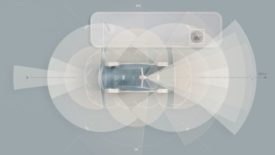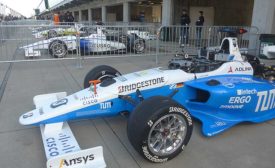Home » autonomous vehicles
Articles Tagged with ''autonomous vehicles''
Unmanned Vehicles Take to the Sea
Currents are slowly pushing autonomous ships into the mainstream.
September 16, 2021
Never miss the latest news and trends driving the manufacturing industry
Stay in the know on the latest assembly trends.
JOIN TODAY!Copyright ©2024. All Rights Reserved BNP Media.
Design, CMS, Hosting & Web Development :: ePublishing











